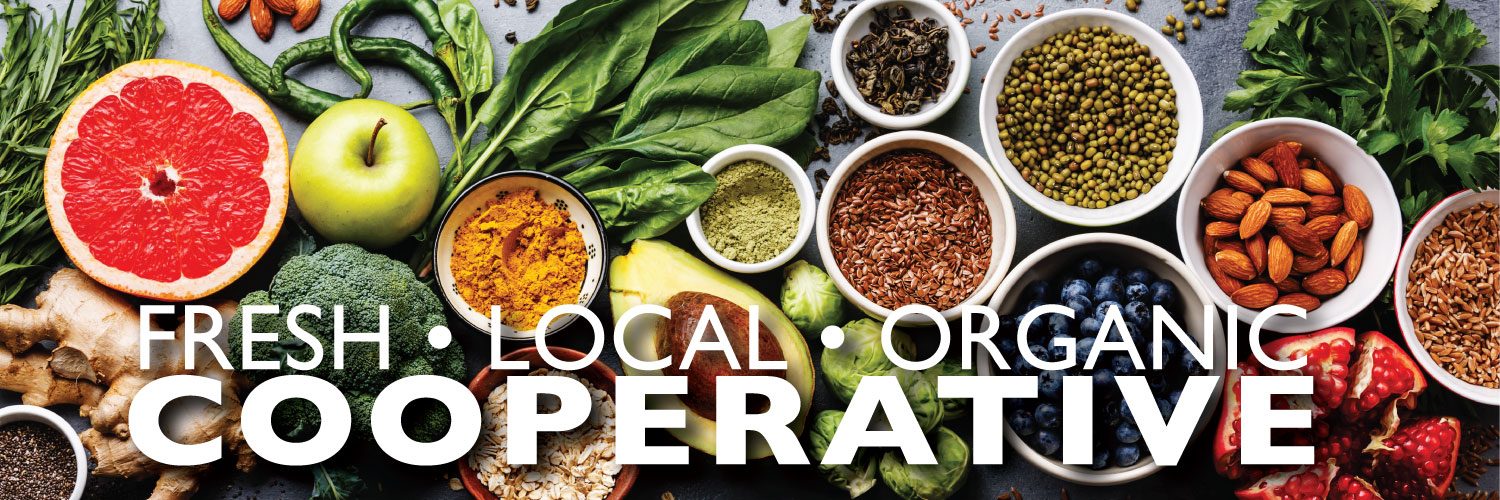There are more options for protein than you think. Protein is an integral part of a human being’s diet. You may have heard that high-protein, low-carb diets are better for you and may help you with weight loss. It is true that a diet high in protein and low in carbohydrates WILL help you lose weight, but it’s important to examine the types of protein you are considering, and the low-carb diet is an issue that we will have to tackle later. For right now, let’s talk about quality vs. quantity of proteins, and what proteins are exactly.
Proteins are defined as: “large molecules composed of one or more long chains of amino acids and are an essential part of all living organisms, especially as structural components of body tissues such as muscle, hair, collagen, etc., and as enzymes and antibodies.” They are the building blocks of the human body, and without protein, we wouldn’t be able to survive. And how do people get protein? Most typical sources of protein in the human body are from animals: meat, chicken, fish, eggs, dairy, etc … But they are not the only source. There are lots of other food sources that contain protein, and how you choose to keep protein in your body is your own choice, of course, but it may help to know some protein facts when making your choices.
I think the most important thing to consider when deciding on protein food choices is quality vs. quantity. How much you eat is not as important as what kind you eat. For instance, red meat, or processed meats are less healthy for you than say, lean chicken or fish. They’re all proteins, but what they do inside your body is vastly different. Chicken is not going to have the same amount of bad fats that contribute to heart disease and high cholesterol that a big slab of steak would. So not all proteins are created equally.
But, it may be time to start thinking outside the animal protein box, so to speak. Especially if you are older, or already dealing with diet or health issues, or if you are attempting a vegetarian or vegan diet, you may want to do some research and find out what all your protein options are, and you may be pleasantly surprised. You may even be able to create similar recipes to what you are used to with some replacement proteins. So, what are some replacement proteins? Options abound, starting with beans, nuts, seeds, grains, soy, and even greens. Start by checking out some of the following alternatives, experimenting with flavors and recipes, and see what tickles your palate: lentils, chickpeas, hummus (made from chickpeas,) tempeh, black beans, nuts, nut butters, tofu and quinoa.
Rice and beans is a common and delicious protein alternative, as is any soup made with lentils or black beans. A recipe I saw recently called for marinated and seasoned tofu pieces in place of meat in delicious looking Baja-style tacos. It’s important to note that tofu can take on all most any flavor you’d like, so it’s an excellent place to start experimenting when cooking protein alternatives. There are also protein powders, shakes, and bars to assist you if you’d like to go that route. These are especially helpful to athletes that need something quick and easy. You may not need as much protein as you think you do, and you may enjoy the challenge of getting it from healthier sources. As always, do your research, and speak to your doctor before any major diet changes.

